Introduction
There is no straightforward answer to this question. Whether dogs can eat ketchup depends on two basic factors – first, the exact ingredients used to make the ketchup, and second, the amount of ketchup a dog ate.
Basically, regardless of the ingredients, an accidental lick or two is nothing to be worried about. However, if a dog overeats ketchup, based on the recipe, it can experience stomach upset or, worst-case scenario – intoxication.
Why is Ketchup Good for Dogs?
The main ingredient in ketchup, tomatoes (ripe with leaves and stems removed), are safe for dogs. Tomatoes are a healthy fruit and can add various nutritional benefits to the menu. Let’s see why tomatoes are suitable for dogs.
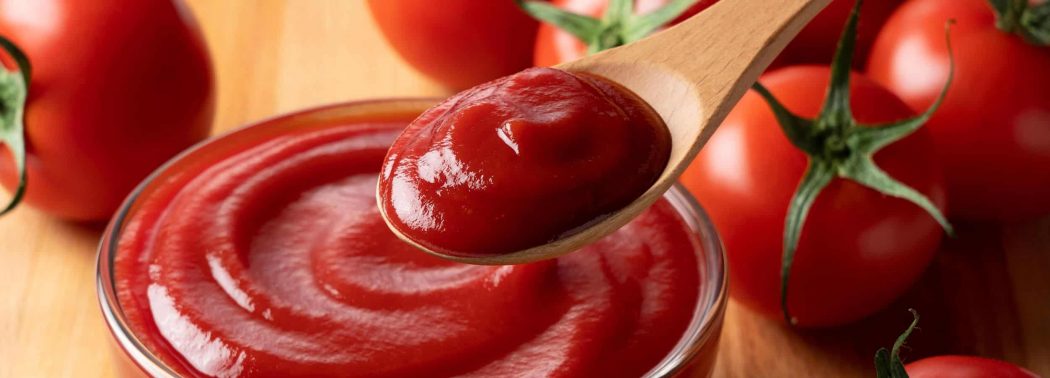
Anti-Inflammatory and Antioxidant Properties
Tomatoes contain an organic pigment called lycopene. Lycopene features strong anti-inflammatory and antioxidant properties. In other words, this health-boosting compound helps prevent inflammation and cancer (protects cells from oxidative damage).
Water-Rich and Calorie-Low Treat
Tomatoes are mostly made of water and contain no fats at all, meaning they are a good treat for dogs on weight loss regimes. Plus, they are juicy, and most dogs love their taste and texture.
Lots of Dietary Fibers
Tomatoes are rich in dietary fibers that support gastrointestinal and cardiovascular health. They also support a healthy appetite and help regulate blood sugar and cholesterol levels.
Can Ketchup be Bad for Dogs?
Since tomatoes are suitable for dogs, why not give dogs ketchup all the time? The answer is simple – because once processed into ketchup, the tomatoes lose their nutritional value, thus becoming empty calories.
Plus, in addition to tomatoes, ketchup recipes often include ingredients that are dangerous or even toxic to dogs. Here is a short description of the reasons ketchup is bad for dogs.
Digestive System Havoc
Eating too much ketchup is a recipe for disaster. Namely, as a highly processed food, ketchup is likely to trigger a digestive upset in dogs and cause symptoms like vomiting, diarrhea, appetite loss, abdominal pain, dehydration, and lethargy.
High Sodium Levels
Ketchup is heavily salted. Small amounts of salt are necessary for dogs, but this mineral can be tricky in larger quantities. For example, eating too much salt puts the dog at risk of dehydration. In more severe cases, salt can even cause poisoning. Salt poisoning is a life-threatening situation.
An Array of Artificial Additives
Commercial ketchup is loaded with artificial additives – preservatives, colors, and flavors. In small amounts, these ingredients are harmless. However, if overfed – eaten in larger amounts or over a prolonged period they can be detrimental. Most additives are linked with increased cancer risk.
Garlic and Onion Powder
To boost the flavor, many ketchup manufacturers add different spices. Powdered garlic and onion are among those spices. Sadly, they are both toxic to dogs. As Allium family members, garlic and onion contain chemical compounds that damage the red blood cells, thus causing anemia.
Sugar-Free Ketchup
When ketchup products feature the word “sugar-free” on the label, it is because they contain artificial sweeteners. The most commonly used artificial sweetener – xylitol, is highly toxic to dogs. Once ingested, the xylitol causes a sudden and potentially lethal blood sugar drop. Liver and kidney failures are also possible outcomes.
How Much Ketchup Can my Dog Eat?
We will not talk about feeding guidelines as ketchup is not something you should be feeding your dog. However, we can say that if your dog takes a few licks, there is nothing to be worried about. On the other hand, you must never feed your dog ketchup on purpose.
So, bottom line, a lick or two are fine, but anything more than is likely to warrant a trip to the vet’s office. Obviously, a dog the size of a Great Dane can take more than one or two licks and feel fine, but a Chihuahua may develop tummy issues even after two licks.
How to Prepare and Serve Ketchup for Your Dog?
Commercial kinds of ketchup are unsafe for dogs. Even if you are extra careful and shop for recipes that do not include toxic ingredients, you cannot avoid some. For example, all store-bought ketchups will contain high sodium levels and additives.
Therefore, if you want to treat your dog, it is best to make ketchup at home from scratch. This will be more of a tomato sauce rather than real ketchup, but it will be healthy for your dog.
All you need are fully ripe and preferably organic tomatoes (the green parts need to be removed as they are toxic). Then you can put the tomatoes in a blender and mix them until you get a paste-like consistency.
This homemade ketchup version can be used as a nice food topper. You can add it on top of the dog’s regular kibble or on top of home-cooked meals.

Frequently Asked Questions
Yes, ketchup can kill dogs but not immediately. Namely, although it can contain toxic ingredients, the amounts a dog would have to eat to develop toxicities are rather big. Therefore, ketchup is more of a silent killer.
No, dogs cannot eat banana ketchup. The popular Philippine sauce contains too much sugar, spices, and vinegar than dogs can digest. In other words, banana ketchup will wreak havoc on the dog’s digestive system.
Summary
All in all, dogs should not eat ketchup. The condiment has zero nutritional value and, depending on the recipe, and consumed amount can be pretty dangerous. Like all processed foods, ketchup is loaded with additives and often contains toxic ingredients like garlic, onions, and xylitol.
The good news is that you do not need to call the vet or make an urgent trip to the vet’s office if your dog steals a lick or two from your plate. However, feeding your dog ketchup on purpose is a big no-go.
Sources
- Xylitol Toxicosis in Dogs, 2021, Sharon M. Gwaltney-Brant
- Salt – Poison, 2020, Pet Poison Helpline
- Effects of lycopene on proliferation and death of canine osteosarcoma cells, 2010, Joseph J Wakshlag, Cheryl E Balkman
- Allium species poisoning in dogs and cats, 2011, Salgado BS, Monteiro LN, Rocha NS
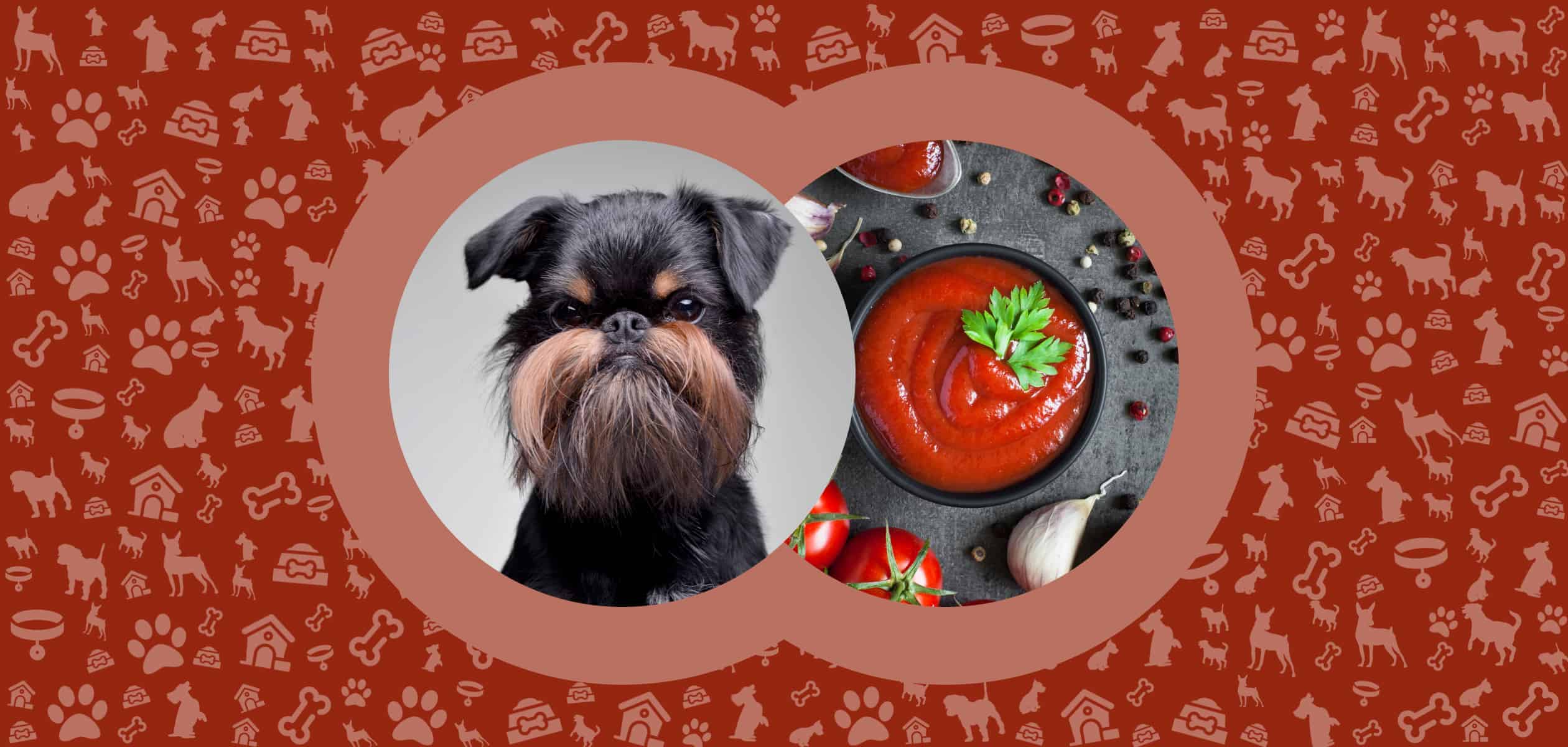
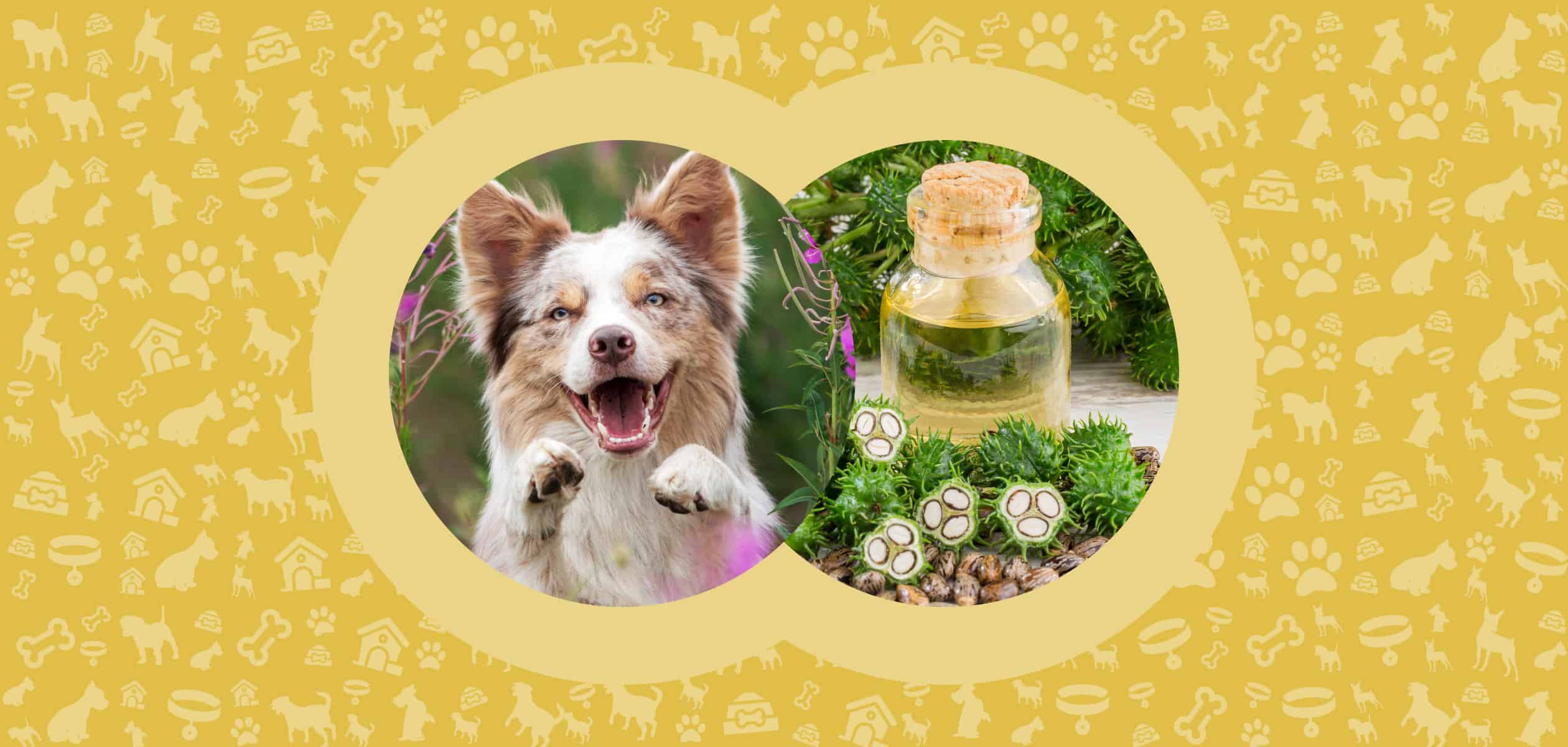

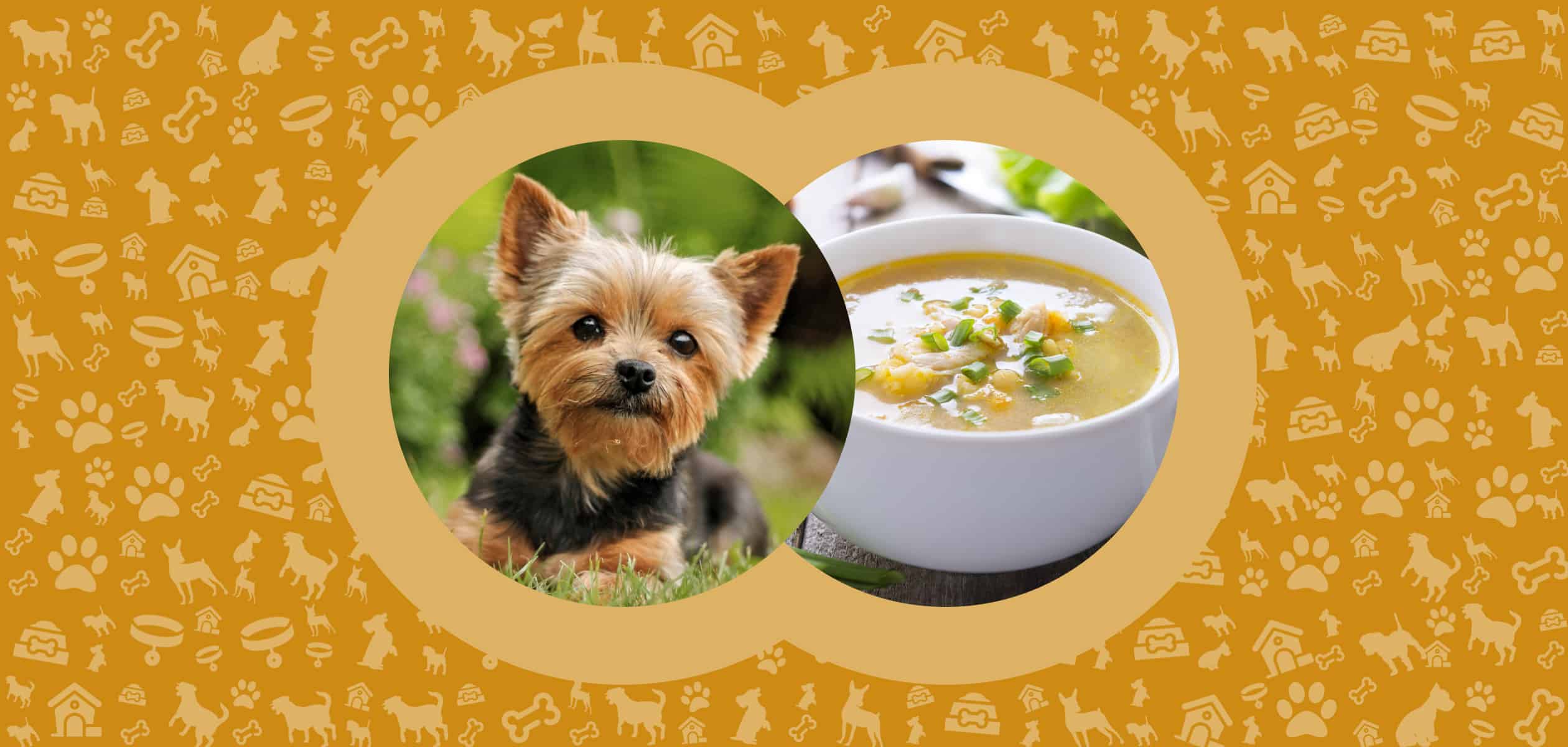
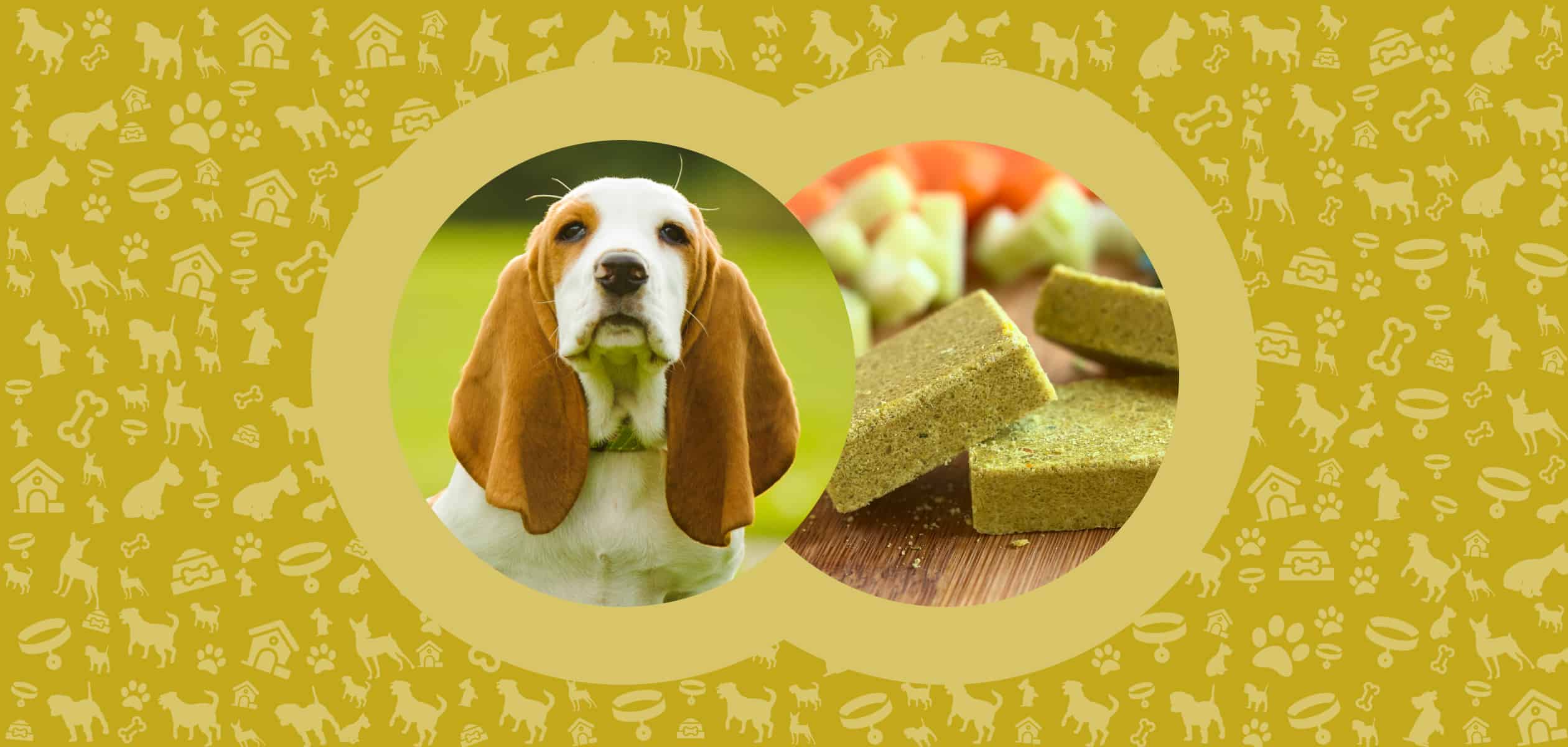
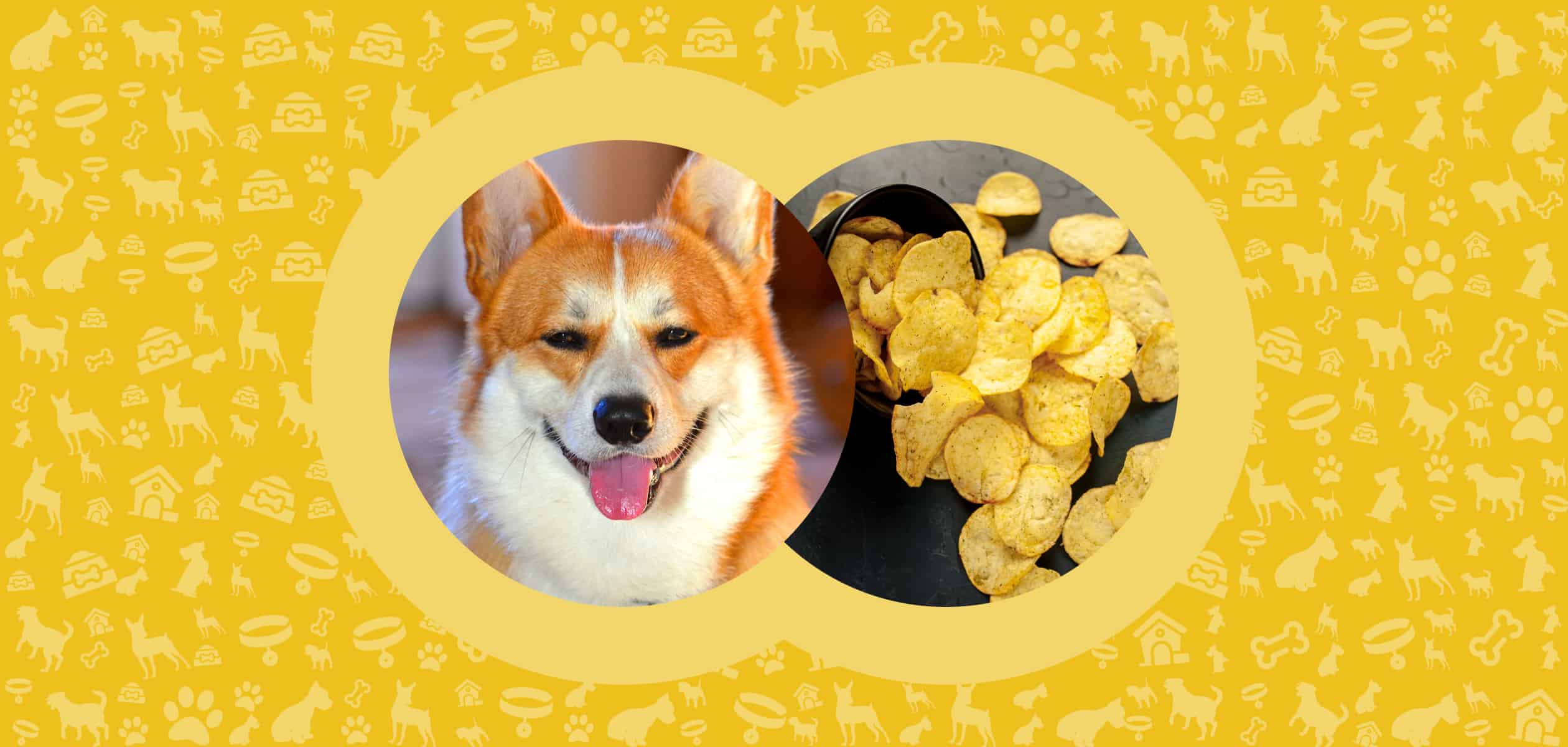
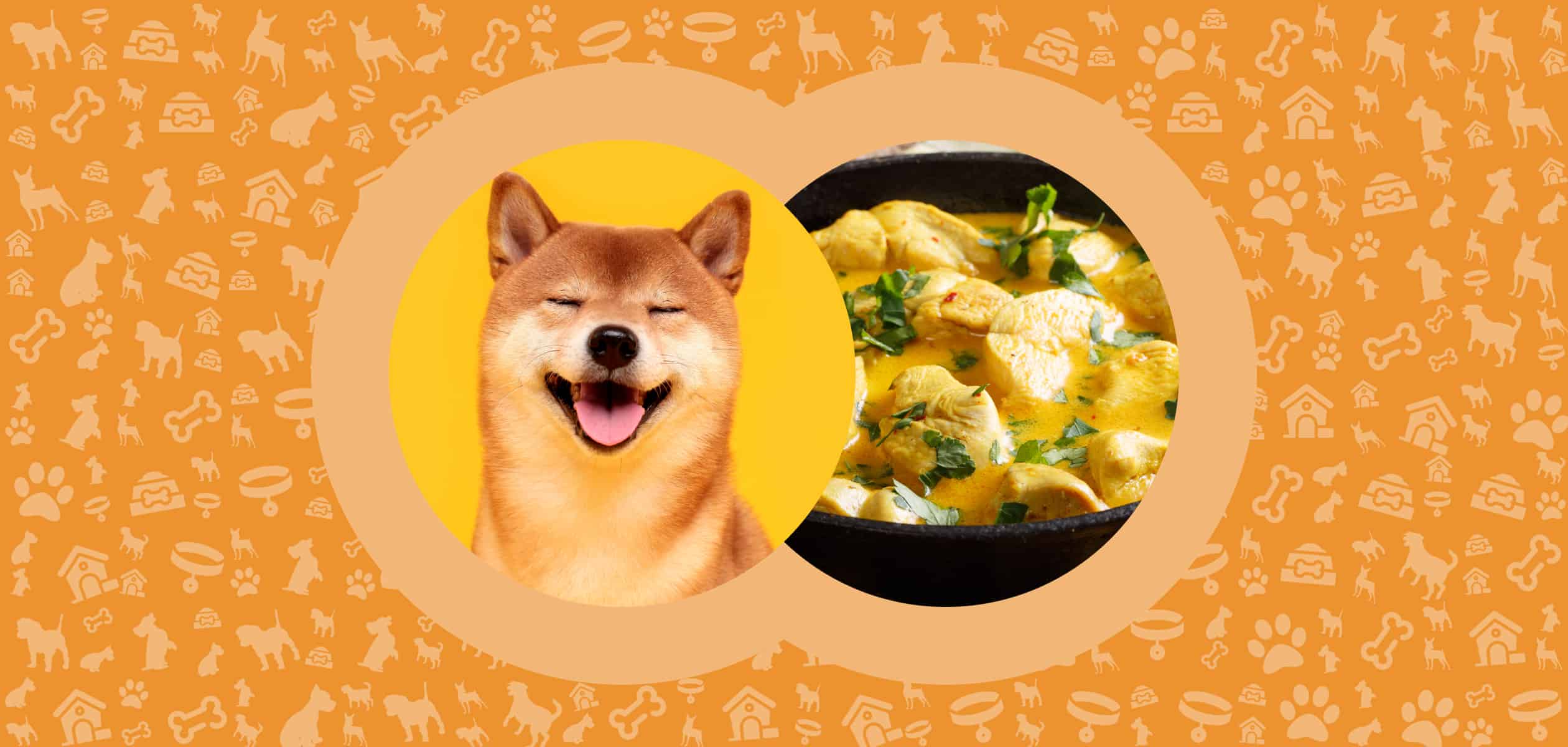
Leave a Comment